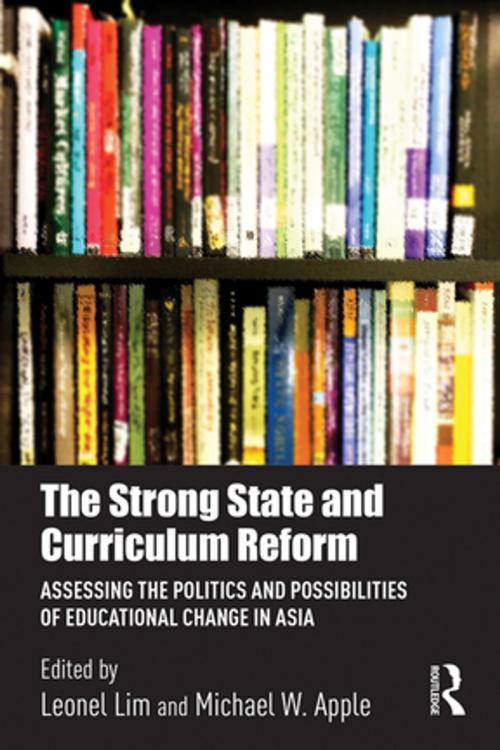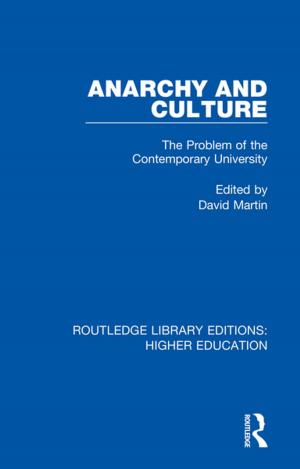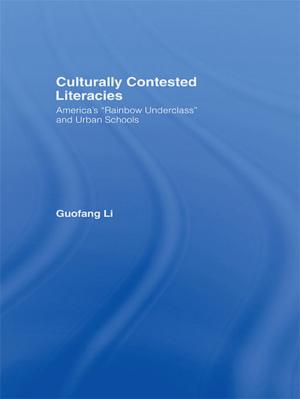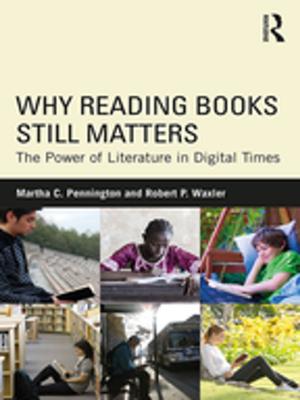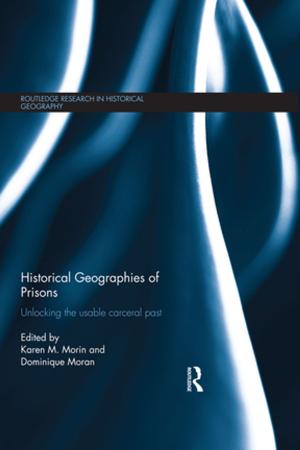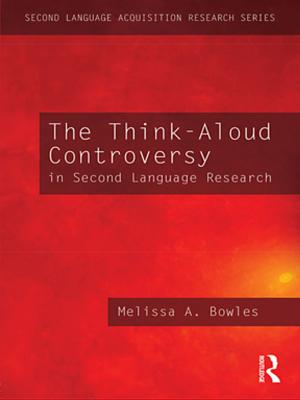The Strong State and Curriculum Reform
Assessing the politics and possibilities of educational change in Asia
Nonfiction, Reference & Language, Education & Teaching, Educational Theory, Curricula, Educational Reform| Author: | ISBN: | 9781317579229 | |
| Publisher: | Taylor and Francis | Publication: | April 20, 2016 |
| Imprint: | Routledge | Language: | English |
| Author: | |
| ISBN: | 9781317579229 |
| Publisher: | Taylor and Francis |
| Publication: | April 20, 2016 |
| Imprint: | Routledge |
| Language: | English |
As Asian education systems increasingly take on a stronger presence on the global educational landscape, of special interest is an understanding of the ways in which many of these states direct their schools towards higher achievement. What is missing, however, are accounts that take seriously the particular construction of the strong, developmental state witnessed across many Asian societies, and that seek to understand the politics and possibilities of curriculum change vis a vis precisely the dominance of such a state.
By engaging in analyses based on some of the best current social and cultural theories, and by illuminating the interactions among various state and non-state pedagogic agents, the chapters in this volume account for the complex post-colonial, historical and cultural consciousnesses that many Asian states and societies experience. At a time when much of the educational politics in Asia remains in a state of transition and as many of these states seek out through the curriculum new forms of social control and novel bases of political legitimacy, such a volume offers enduring insights into the real if not also always relative autonomy that schools and communities maintain in countering the hegemonic presence of strong states.
As Asian education systems increasingly take on a stronger presence on the global educational landscape, of special interest is an understanding of the ways in which many of these states direct their schools towards higher achievement. What is missing, however, are accounts that take seriously the particular construction of the strong, developmental state witnessed across many Asian societies, and that seek to understand the politics and possibilities of curriculum change vis a vis precisely the dominance of such a state.
By engaging in analyses based on some of the best current social and cultural theories, and by illuminating the interactions among various state and non-state pedagogic agents, the chapters in this volume account for the complex post-colonial, historical and cultural consciousnesses that many Asian states and societies experience. At a time when much of the educational politics in Asia remains in a state of transition and as many of these states seek out through the curriculum new forms of social control and novel bases of political legitimacy, such a volume offers enduring insights into the real if not also always relative autonomy that schools and communities maintain in countering the hegemonic presence of strong states.
